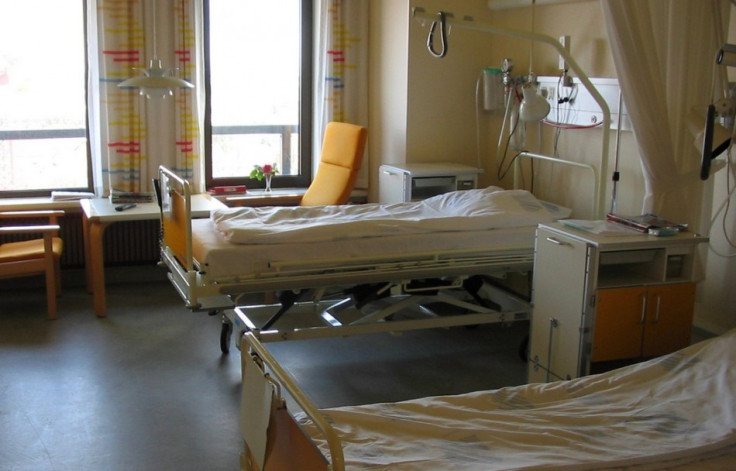Dying Dementia Patient’s Wishes Ignored by Welsh Care Home

A report has highlighted the catastrophic failings of a care home in its treatment of a dying dementia patient.
The Public Services Ombudsman for Wales has released its report on the care of Mrs X, finding that her wishes to die in her own bed were ignored by staff.
Mrs X had requested that if she suffered from a stroke, she be allowed to die in her bed at the care home surrounded by her family.
However, when she did have a stroke, she was admitted to hospital, despite staff being reminded of her end of life care request.
While in hospital, doctors agreed that she could return to the care home with IV fluids. The Care Home Manager then contacted the hospital to say they could not take Mrs X back because the district nurse was not trained to administer such fluids.
Mrs X died the following day, on 12 January 2010. Her daughter, who complained about the care her mother received, said the circumstances surrounding her mother's death were "unforgivable".
She said the whole process was a "complete circus" and that she had missed out on spending quality time with her mother in the final hours before her death because of the confusion and uncertainty of the care she was given.
Mrs X went to live at the Blue House Care Home in Monmouthshire in 2009. The facility is run by Aneurin Bevan Local Health Board, which specialises in dementia.
Following her death, Mrs X's daughter complained to the Care and Social Services Inspectorate Wales, which conducted an inadequate investigation and said the complaint had been resolved.
"Care plan ignored"
However, an investigation was then launched by the PSOW, which found there were huge failings in both Mrs X's care and the subsequent investigation.
Mrs X, a vegetarian, was regularly fed meat during her stay. She was supposed to be bathed twice per week, but received just 11 washes during her eight-month stay - with one of these being a bed bath.
Records also show that Mrs X sustained a number of injuries, but that there was no additional risk assessment of these incidents, nor was her daughter informed of the injuries. She also had bed sores that were not properly treated.
Concluding, the Ombudsman said: "I must express my concern that when addressing Mrs X's nutritional, hygiene and safety needs, her care plan was ignored and Mrs X's wellbeing and choice were disregarded.
"These failings had a detrimental effect on the fundamental aspects of Mrs X's care and dignity.
"Mrs X ... had expressed a wish to die in her own bed with familiar surroundings and the people she cared for close by, and not be admitted to hospital. Ms A communicated this wish to the Care Home Manager. However Mrs X's end of life care wishes were not documented.
"This a serious failing ... Had the appropriate documentation been available Mrs X's end of life wishes could have been granted."
As a result of the report, the Aneurin Bevan Local Health Board and the CSSIW were ordered to pay Mrs X's daughter £500 and £250 respectively as an "acknowledgement of the service failure".
© Copyright IBTimes 2025. All rights reserved.






















